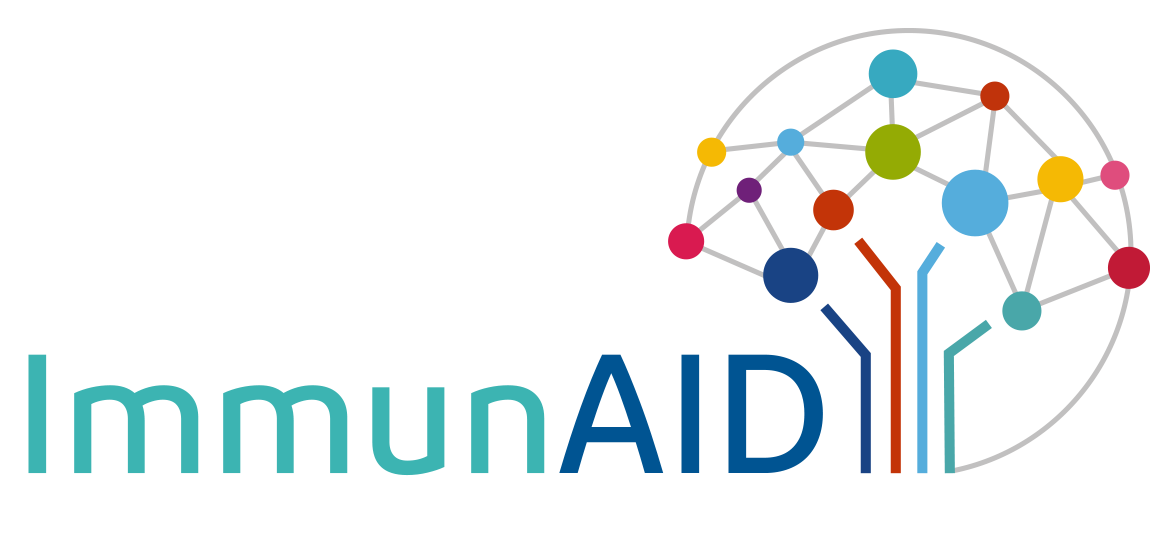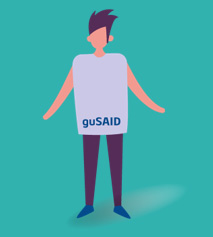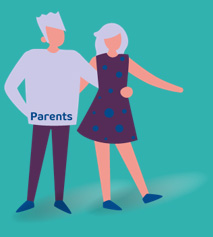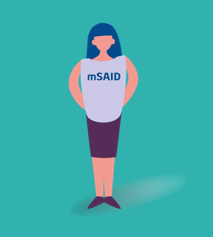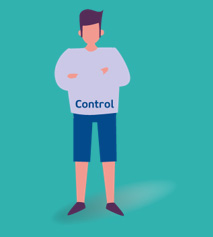We need your help to advance scientific knowledge on rare systemic autoinflammatory disorders (SAID).
Nowadays, the availability of specially designed kits enable the diagnosis of patients bearing genetic DNA mutations (monogenic SAID or mSAID). But it is much more difficult to diagnose those patients who do not bear genetic mutations (genetically undiagnosed or guSAID). guSAID patients can be labelled with a correct diagnosis and receive up to 5 inappropriate treatments before the right diagnosis is made.
We are aiming to discover novel biological markers that will help in the development of more powerful diagnostic tools to guide and support physicians in choosing the most effective therapies for these conditions.
We seek to find biological markers that will help developing more powerful diagnostic methods and support physicians in choosing the appropriate treatment.
Help us to help you!
 |
WHO? |
|
450 guSAID |
Genetically undiagnosed SAID patients (guSAID) There is a lack of robust diagnostic methods currently available for patients with guSAID. These patients represent the most in-need population, as they’re facing the main hurdles to precise diagnosis and appropriate disease management. |
|
300 Parents |
guSAID patients' parents |
|
200 mSAID |
Monogenic SAID patients (mSAID) mSAID can be diagnosed based on the presence of mutated genes. But further refinements in mSAID subcategorization is likely to improve these patients’ care and outcome. Also, comparing mSAID and guSAID could help us to identify the presence of a common diagnostic signature, across the entire spectrum of SAID. |
|
66 Control |
Healthy volunteers You also can help, even if you have no autoinflammatory disorder, as you will play the role of the healthy control in our investigations, and help us to delineate the borders of the SAID territory (i.e the point at which disease starts to develop). |
 |
WHAT? |
All we need is a little bit of your time, less than 2 hours (<2h) and some blood, urine and faecal samples. Note that all the data we collect and generate will remain anonymous and password protected.*
 |
WHY? |
The biological markers we are looking for may be contained within the samples we are collecting.
To make sure that we do not miss anything and to get as much information as we can from your samples, we are using state-of-art technologies and scientific approaches, including exhaustive « multi-omics » technologies and the power of computer-based analyses.
 |
HOW? |
You will be invited to come to the recruiting centre, where the medical staff will explain the purpose and content of the study and check whether you can be included. You have the right to accept or refuse the invitation to join; no one will blame you if you do not want to participate.
If you accept, a recruitment visit will be organised to gather the information specified by the protocol and to collect the samples we need.
 |
WHERE? |
Developing new diagnostic methods will require a lot of data, based on a broad panel of patients.
This is why we have built a European-wide network of recruiting centres. There might be surely one close to you!
To find out where we are recruiting: Recruiting centres
ImmunAID is thus a tremendous opportunity for you and the next generation of SAID patients to benefit from improved medical care in the near future
